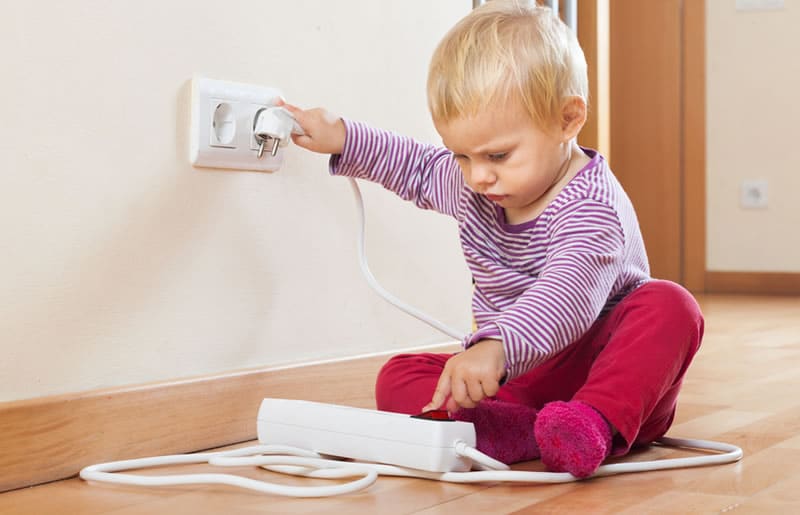
Many people take electricity for granted, but a lot goes on behind the walls to give you the power that you need. Electrical works done at home, whether by a DIY or a professional should be safe. Know what common electrical hazards are, for knowing them is the best way to prevent possible electrical accidents from happening. Plus, electrical hazards put you and your loved ones at risk of shock and fire. So, below are some of the electrical hazards found in your home that you should be on the lookout for.
- Poor or outdated wiring
Outdated wiring is the most common cause of home fires. Thus, have a certified electrician from Charlotte inspect your home every year to minimize the risk and know if they should be replaced or repaired. Plus, if the wiring in your home is more than 20 years or older, have the inspection done annually. If the lights in your home dim or flicker with no explanation, outlets feel warm or breakers trip repeatedly. If such signs arise, you must repair the wiring in your house.
- Improper use of extension cord

Although they come in handy, extension cords are in most cases used improperly, resulting in a hazardous situation. Therefore, do not overload the cord by plugging multiple appliances that are heavy duty and do not run the cord under surfaces. Importantly, ensure the cord should be in good condition before you use it, especially if you’ve had it for long for they don’t last forever. Also, you can call in an electrician to install additional electrical outlets in the area of your home you constantly need to use an extension cord to provide power.
- Appliances plugged-in near water sources

Always unplug appliances if you are not using them to reduce the risk of shock. One way to minimize the risk of electrocution or shock is to install Ground Fault Circuit Interrupter-protected outlets. If they detect someone has received a shock, the GFCIs will cut off power immediately and help prevent any serious injury. So, ensure your home outlets near water sources have GFCIs, if not, hire an electrician to install them for you. Optionally, you can have GFCI breaker switches added to the main breaker panel. These breaker switches may be found as one of the electrical items from UK offered by Sparks Direct.
- Operating an unsafe appliance

Malfunctioning appliances are unsafe, whether it is a clothes dryer that trips often or a toaster that smokes. To avoid an electrical shock, fire, or burn avoid using faulty appliances. If it happens an appliance malfunctions as you use it. Cut off the power from the main electrical panel where it is plugged in and get it professionally repaired. Be careful as you use used appliances, for you are not sure how safe they are, and avoid using appliances that were recalled too.
- Wrong wattage light bulbs
Always keep in mind the wattage that can safely accommodate your lamp’s wiring. Using one with a higher wattage will overload the wiring and can cause a fire. To avoid this hazard is simple, consider using a light bulb with wattage same as, less or equal to the wattage printed on the lamp’s socket. If you feel you need stronger light, purchase a lamp that uses a high wattage bulb.
- Overloaded outlets and power strips

The outlets and power trips are designed to handle a certain amount of electricity. Many times the power strips overload because of plugging various high voltage devices, and this can cause an electrical fire. Another dangerous practice people do is plugging adapters to accommodate more devices on the power strip. Two or more power strips plugged in together will only result in an overload. So, if you need to use a power strip in your home, purchase models that include a circuit breaker, to minimize the risk of a fire if the power strip becomes overloaded or too hot.
To conclude, the above are some of the electrical home hazards found at home. It is important to consider them to prevent any electrical problems in your home. If you feel it is an electrical issue that needs a professional, contact a qualified electrician to help you with the electrical problem.
Leave a Reply